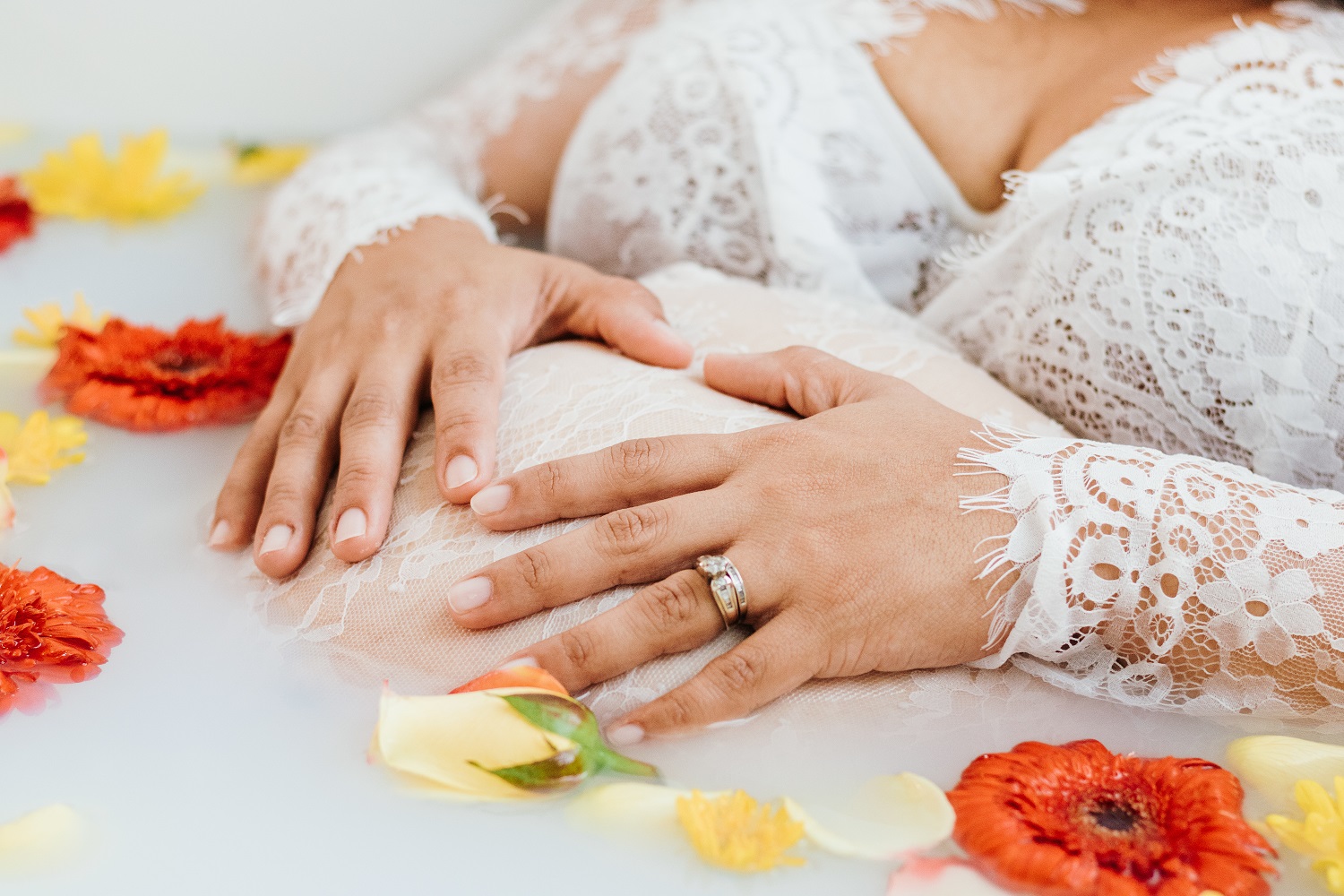
Note: The Pregistry website includes expert reports on a lot more than 2000 medications, 300 diseases, and 150 common exposures during pregnancy and lactation. For the topic Dry Skin, go here. For the topic Hair Loss, go here. These expert reports are free of charge and can be saved and shared.
__________________________________
Changes in skin and nails while pregnant are extremely common, in addition to changes in hair density and nail strength post pregnancy. Specifically, hair loss and nail breakage are typical occurrences during pregnancy and post pregnancy. Vitamins B Complex, C, Zinc, and Biotin can help you correct these problems. Eating a balanced diet and ensuring your pregnancy vitamins contain biotin, that is a B-complex vitamin that has been proven to improve nail firmness, hardness, and thickness, also help. Whole-foods for example soybeans, mushrooms, peas, avocados, bananas, milk, and whole grain products may enhance your skin, hair, and nails post pregnancy as well.
Pregnancy Hair Loss- how does it happen and why
Approximately 90% of the locks are growing at any one time, while the other 10% enter a resting phase. Every two to three months, the resting hair is lost and allows new hair to grow in its place. “Telogen effluvium” may be the excessive shedding of hair that occurs one to five months following pregnancy. This is not uncommon, because it affects somewhere between 40 to 50% of ladies; but it is temporary. While pregnant, an increased quantity of hairs enter in the resting phase, which is part of the normal hair thinning cycle. This problem isn't serious enough to cause bald spots or permanent hair loss, and it should begin to decrease within 3-4 months after delivery. If you feel that you're experiencing unusual hair thinning when you are pregnant, this may be as a result of vitamin or mineral deficiency.
The most typical period of hair thinning occurs approximately 3 months after delivery. The rise in hormones while pregnant keeps you against losing your hair. After delivery, the hormones return to normal levels, which allows the hair to drop out and go back to the normal cycle. The normal hair thinning which was delayed while pregnant may fall out all at once. Up to 60% of the hair that's in the growth state may enter the telogen resting state. Hair loss usually peaks 3-4 months after delivery as the follicles of hair rejuvenate themselves. As noted above, this hair thinning is temporary, going back to normal within six to 12 months.
During pregnancy, there is an rise in the amount of estrogen hormones. Estrogen causes hair to remain inside a growing phase and stimulates the development of hair. While you are pregnant, you should expect a complete, luxurious head of hair.
In order to avoid any more hair loss you are able to take several precautions :
- Avoid tight braids/ hairstyles as they possibly can pull on already delicate hair fibers.
- Eat an eating plan full of fruits and vegetables
- Use hair products with biotin
- Use fine tooth combs
- Use the cool setting on blow dryers
- Supplement your diet with Vitamins (Vitamins B Complex, C, Zinc, and Biotin)
Pregnancy Nail breakage- things to do
Pregnancy hormones can even make your nails grow faster, which is a dream come true for some women. For other people, nails that grow too quickly can be thin, brittle, and easy-to-break. While continuing your prenatal vitamin may seem the neatest thing to do you should keep in mind it is not a forever solution. For the first couple of months from a baby—whenever you may not have time for you to eat a balance diet and feel exhausted—taking prenatal vitamins is okay, but long-term, they have greater than necessary levels of certain vitamins and minerals that induce side effects.
Most importantly, don’t forget to drink enough water, get lots of sleep, manage your stress levels, and fill your plate with lots of fresh produce, healthy fats, lean proteins, and fiber—each one is key to a healthy body inside and outside.
In to avoid more breakage in your nails:
- Don’t bite or pick at your nails.
- Keep nails clean and dry, as water makes nails soft, and soft nails break.
- Opt for short nails for a while. They’re less likely to snag and break.
- Slather a great moisturizing cream on your nails and cuticles at bedtime- using nail strengthening oil is definitely a plus.
- Don rubber gloves when washing dishes and using household cleaners, the harmful chemicals can weaken your nails.
- Push back your cuticles gently, rather than cutting them. Nails will stay stronger and you’ll be less likely to get contamination.
- File your nails rather than cut.

